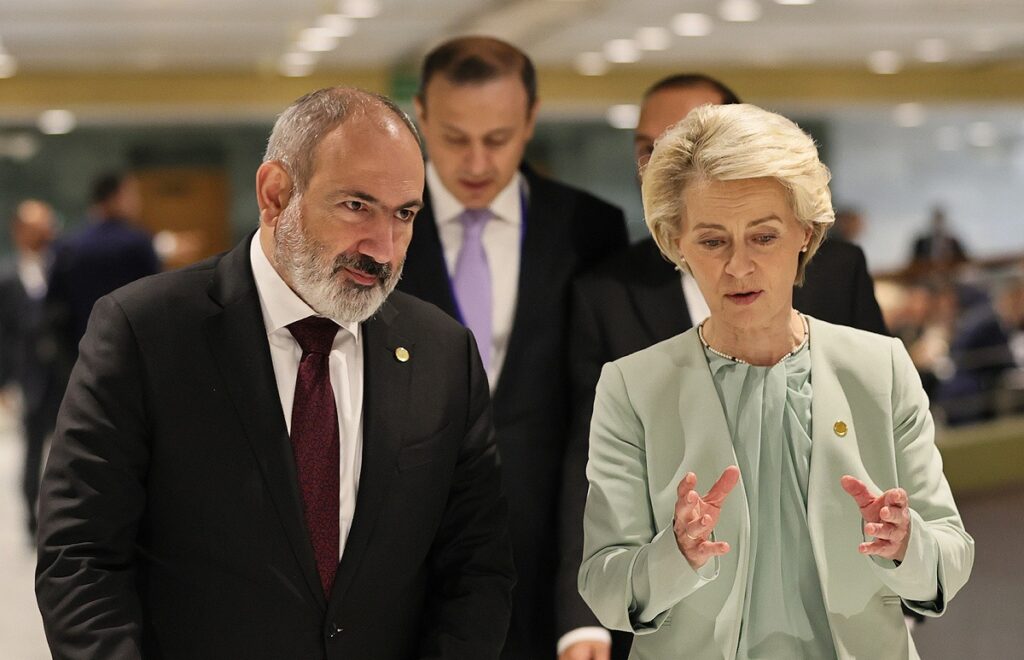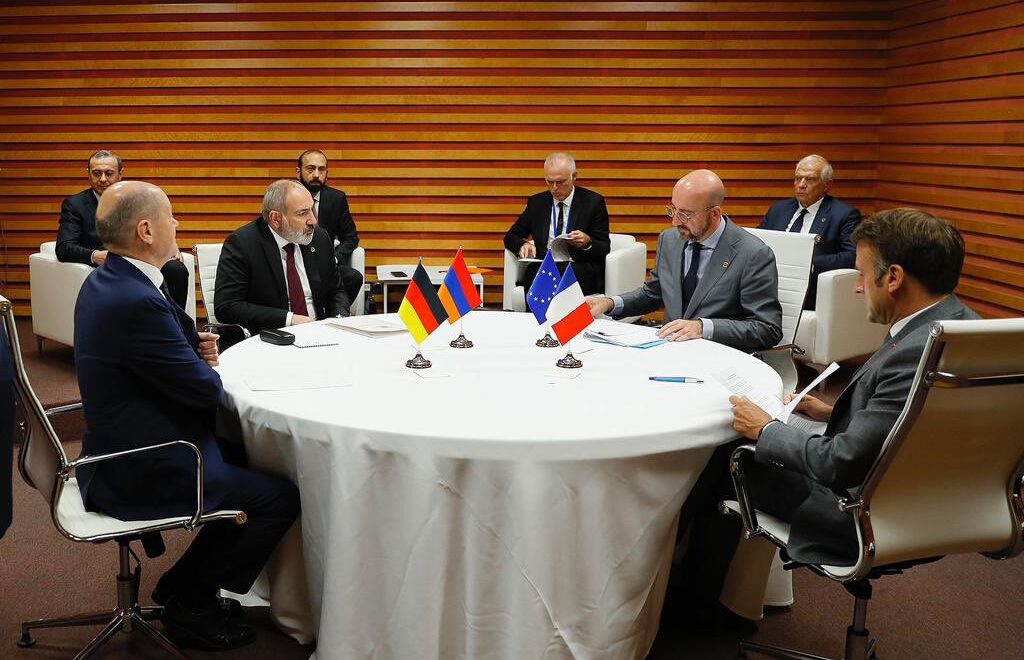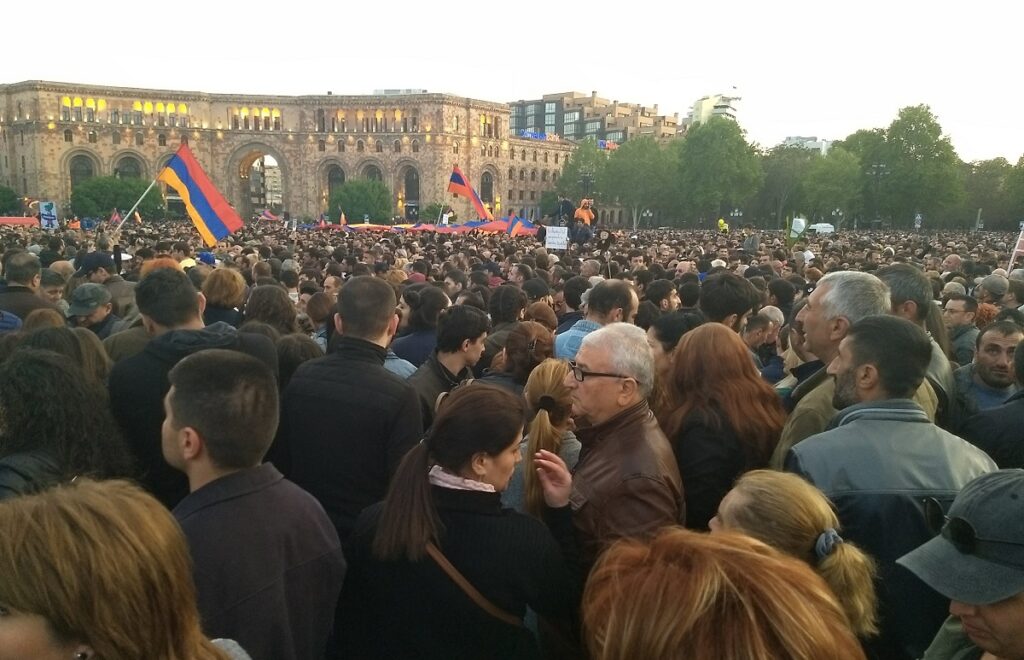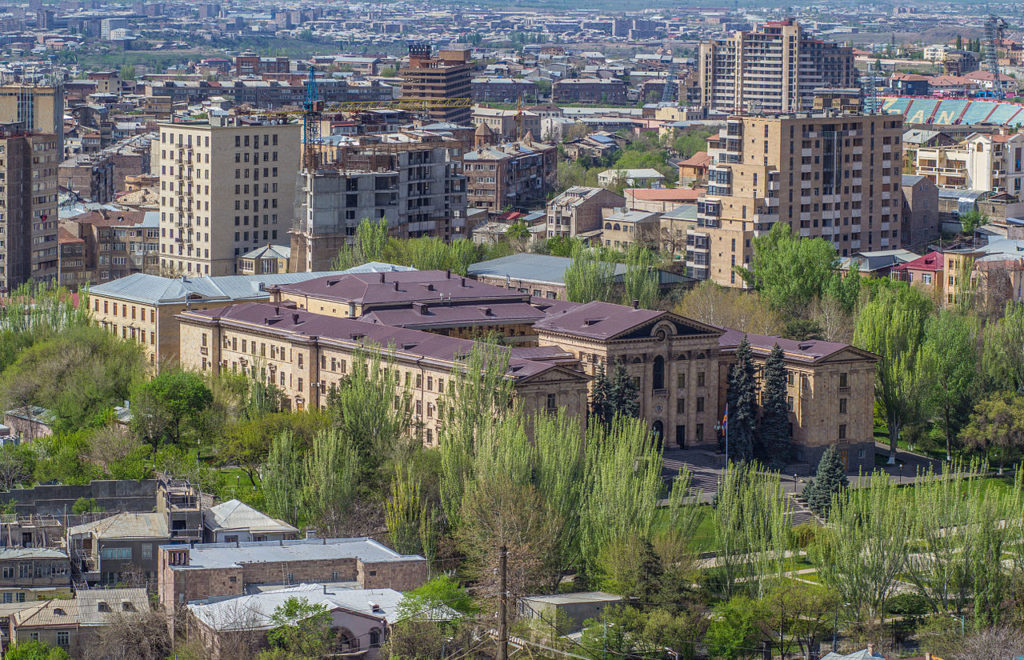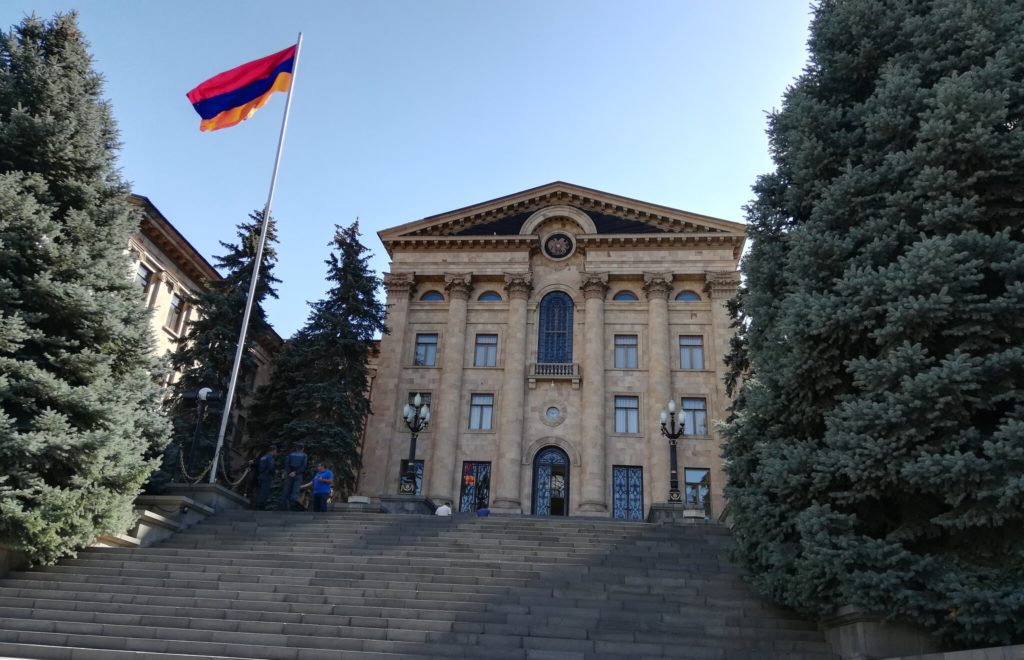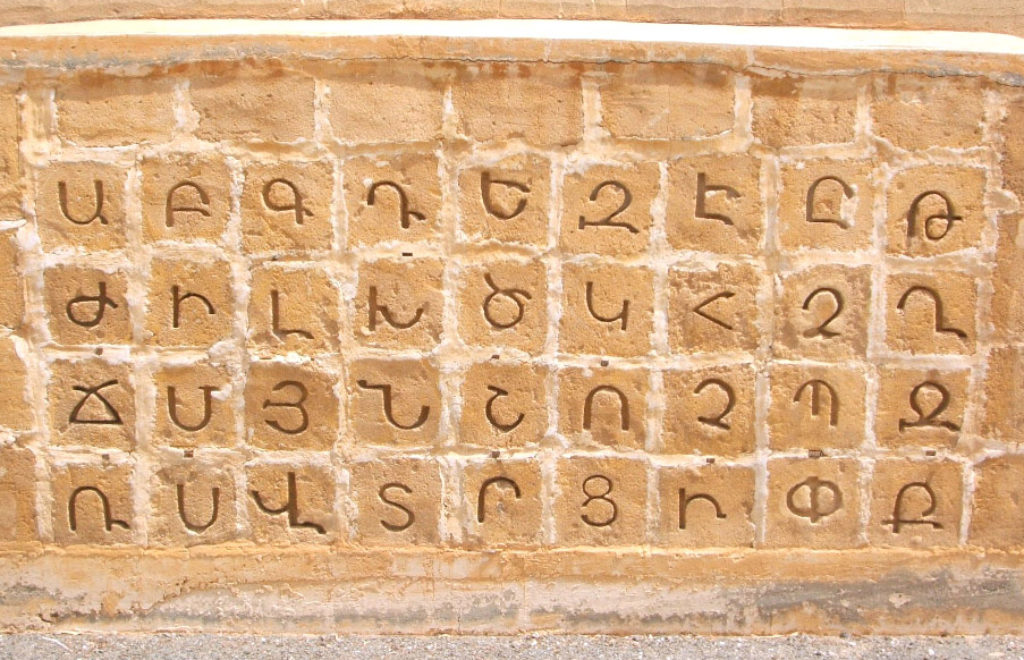“In these difficult times the EU and Armenia stand shoulder to shoulder”
Armenia is a country in the process of democratic transition that must face the challenges posed by both its aggressive neighbourhood, which hinders regional integration, as well as external and systemic problems that shape the country’s social environment. Armenia is suffering from the consequences of the 2018 revolution, the pandemic and especially the 2020 war – a trifecta of shocks that have shaken the country to its core.
April 11, 2024 - Valentina Gevorgyan


